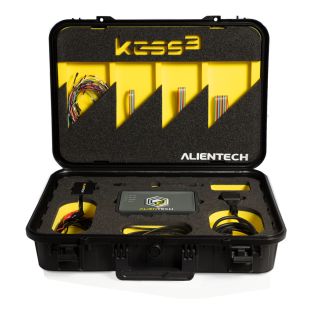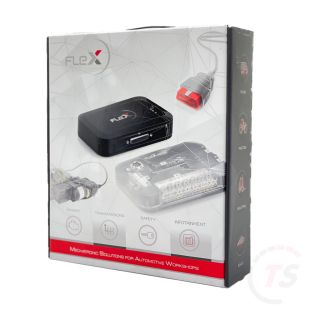Autotuner Tool products
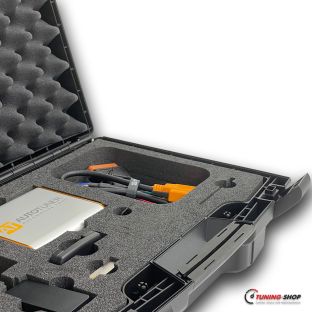
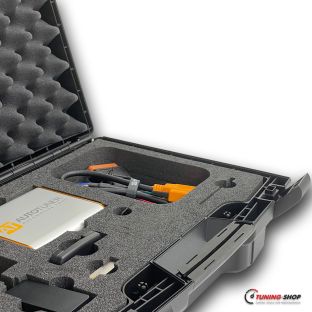
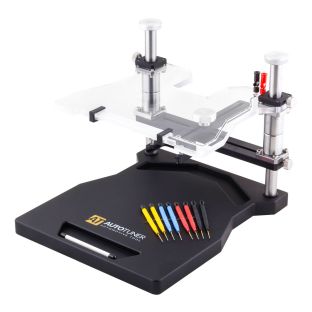
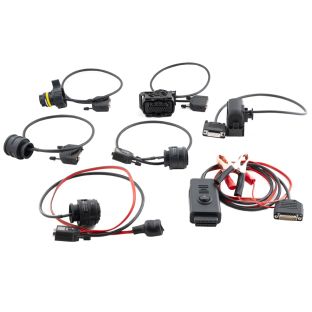

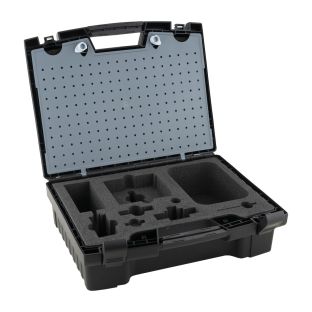
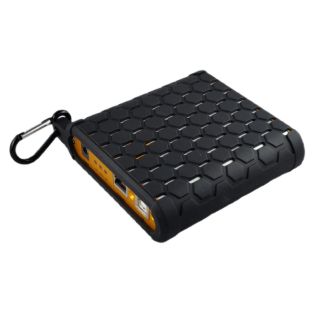
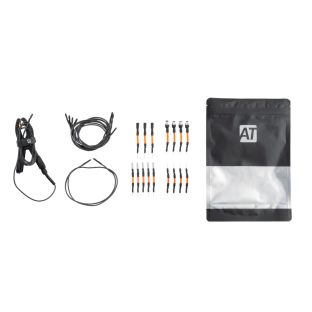
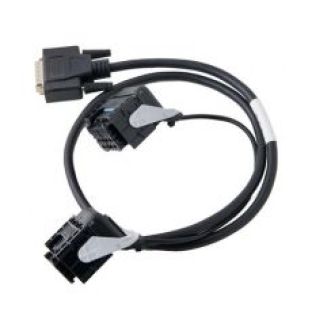
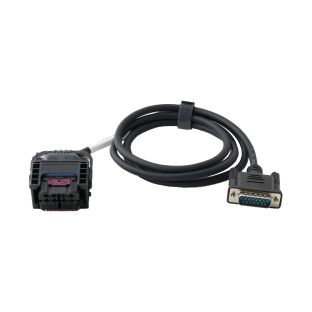
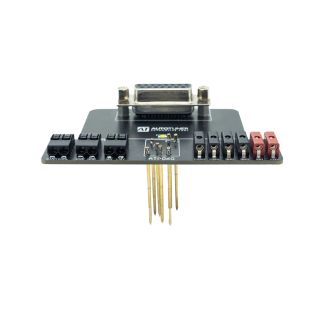
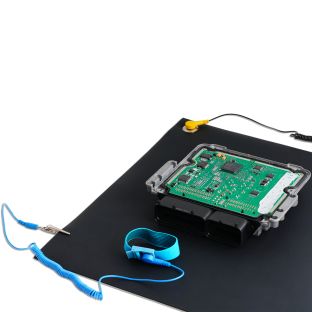
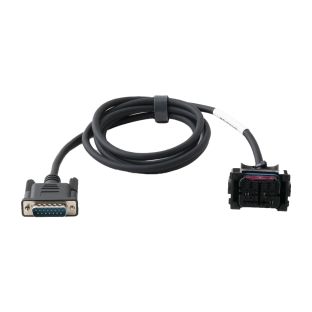
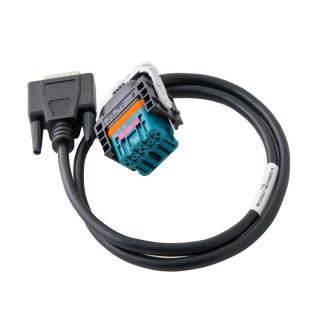
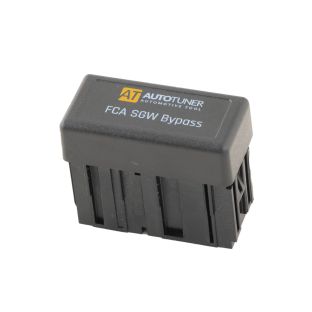
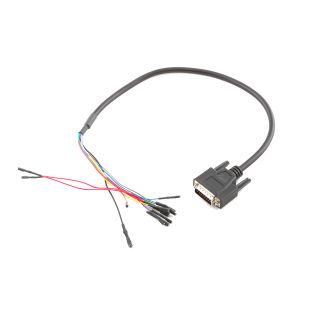
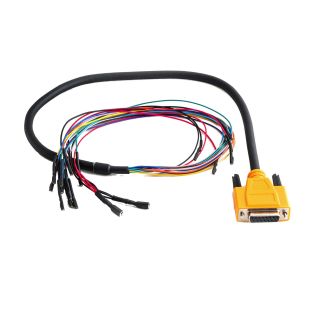
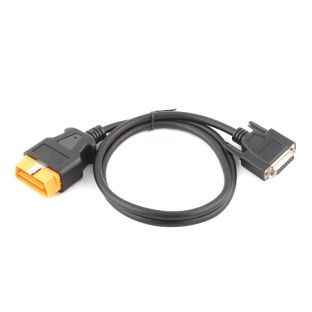
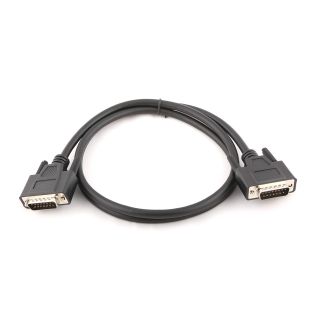
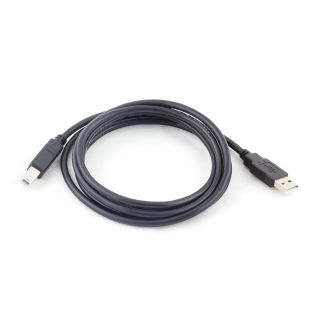
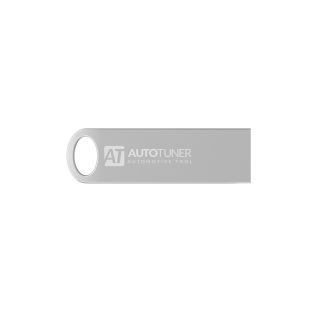
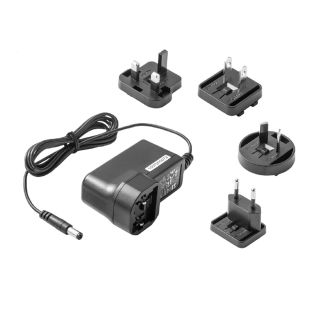
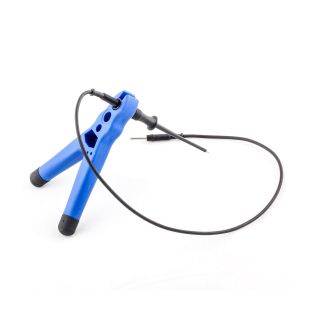
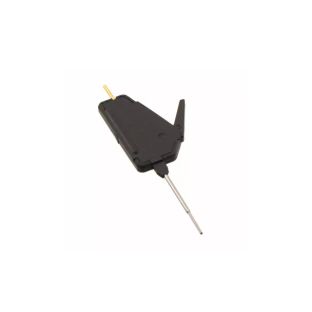
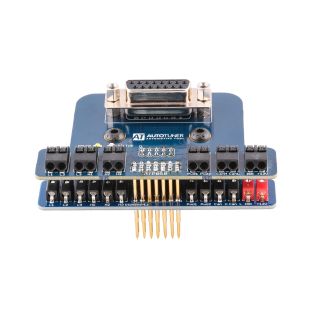
Use cases for Autotuner tools
Autotuner tools are widely used by professionals who require fast, accurate, and repeatable tuning results. Whether you’re working on European petrol engines, diesel commercial vehicles, or performance-focused builds, Autotuner offers support for a wide range of ECUs. The device is particularly well-suited for remapping operations, cloning, and recovery procedures, making it a practical choice for both tuning sessions and diagnostic work.
Due to its no-subscription model and full access from the start, it’s ideal for independent tuners who want to keep costs predictable while maintaining full control over their workflow. From small garages to mobile tuners working on-site, Autotuner brings speed and consistency to every job.
Key features and tool variations
Autotuner is a single hardware device that supports multiple connection types—OBD, bench, and boot—without the need for additional protocol packs or licenses. Once you purchase the Autotuner Slave tool or Autotuner Master tool, all functions are unlocked and ready to use. The device supports hundreds of ECUs across major automotive brands and is continuously updated to include new models and ECU families.
One of the standout features is the built-in data logging function. This allows tuners to record live data directly through the interface, providing deeper insight into engine behaviour during and after remapping. Combined with an intuitive graphical layout, this makes the tool not only powerful but also user-friendly.
Additionally, Autotuner’s support software is lightweight, regularly updated, and free to download—ensuring users always have access to the latest vehicle coverage and firmware improvements.
Installation and compatibility tips
Installing Autotuner is straightforward. The software is available on the official Autotuner website and installs quickly on any Windows-based system. Once the tool is connected via USB, it automatically checks for updates and downloads the latest drivers and ECU definitions.
Before connecting to a vehicle, it’s important to select the correct ECU type in the software. Autotuner will guide you through the connection process—whether via OBD for standard access, bench mode for direct ECU pin-out, or boot mode for locked or damaged ECUs.
For best results, always verify whether the target ECU is listed in the supported vehicle database, which is publicly available and updated frequently. If you’re unsure, the Tuning Shop support team is available to help with compatibility checks or to recommend necessary accessories like bench cables or breakout boxes.
Professional advice for tuners
Many professional tuners choose Autotuner not only for its broad ECU coverage, but also for the simplicity of its pricing and operation. The absence of annual subscriptions or protocol-based licensing means you can focus on your work without managing access tiers or recurring fees.
For workshops handling a high volume of vehicles or offering tuning services across multiple brands, Autotuner significantly speeds up operations thanks to its fast read/write capabilities. Experienced users recommend investing in a solid bench setup, including a stable power supply and pinout adapter set, to take full advantage of the device’s bench and boot features.
Lastly, regular use of the data logging function can improve the precision of your custom maps and help diagnose issues before they escalate. For tuners who want to go beyond standard remaps, this feature alone makes Autotuner a worthwhile investment. That is why Dyno-ChiptuningFiles.com recommends the Autotuner tool.

